Max and Keira's Law: Mum's 'one comfort' after son's organ donation
- Published
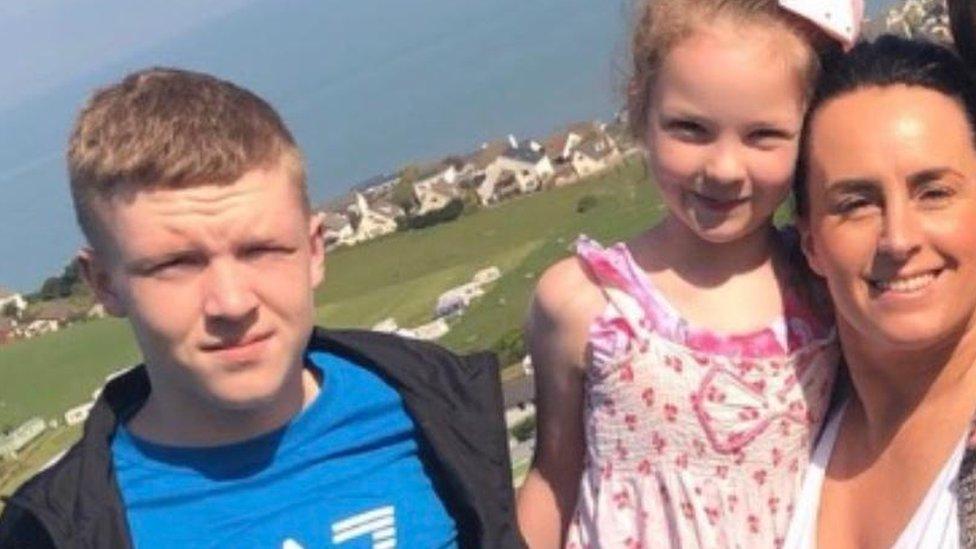
Lewis Mcdonough died suddenly aged 18
A mother among the first in England to agree to organ donation after a new law was introduced said it was her "one comfort" to know her son saved lives.
Max and Keira's Law meant people having to opt out if they did not want to be an organ donor.
But it also allowed families of people who died while not on the register to be asked if they would like to donate.
Lewis Mcdonough, 18, from Birmingham, died after a cardiac arrest and his mum agreed to donate his liver and kidneys.
His mother Lisa Cruise is an accident and emergency nurse at Sandwell Hospital in the West Midlands.
"To know that Lewis has saved lives is our one comfort," said Ms Cruise,
"As a nurse, I had often supported families in coming to terms with the sudden loss of a loved one and even cared for patients who have gone on to be organ donors.
"However, I never in a million years thought I would ever be the one in that situation. Not least for my handsome, funny, full of life 18-year-old son."
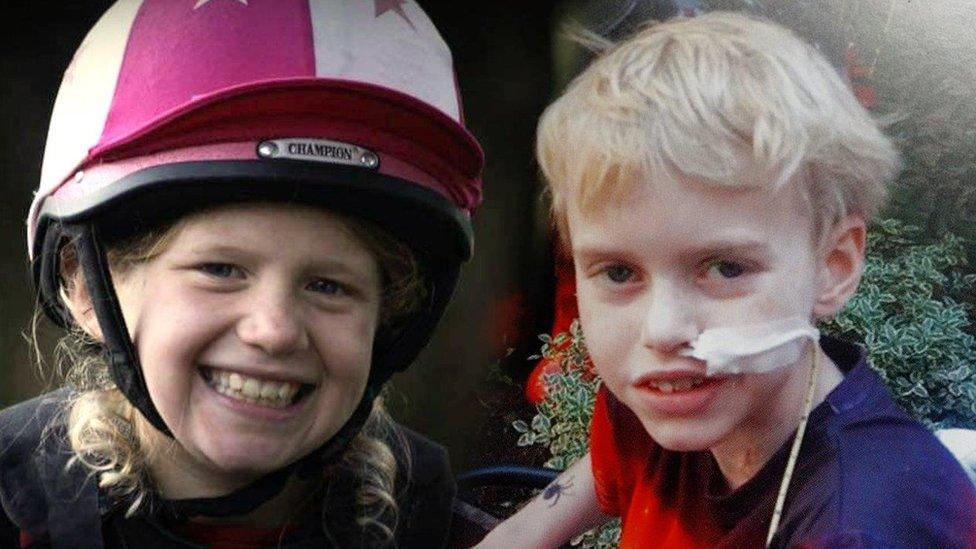
The new law was named after Keira Ball and Max Johnson, donor and organ recipient
The law to make consent for organ donation automatic - with a few exceptions - came into effect six months ago and was named after Keira Ball, who died aged nine in 2017, and Max Johnson, now aged 12, who was saved by her heart.
Under the legislation consent would be presumed unless people had specifically recorded a decision to opt out. The same system was already in place in Wales and Jersey.
Ms Cruise, from Solihull, said she was already on the NHS Organ Donor Register and knew of the law change but it was not something her family had discussed.
"While I knew straightaway that organ donation was the right decision, I would urge everyone to speak with your friends and family today," she said.
"I kept thinking about how that while we were hearing the worst possible news, others would be getting those life-changing calls and crying tears of happiness. That was what kept me going."
Figures collated by NHS Blood and Transplant showed from the point the new law came into force on 20 May up to 31 October, 135 people had donated their organs after being considered willing to donate because they had not expressed an organ donation decision during their lifetime.
These instances accounted for 26% of all donations to have taken place during that period and resulted in a total of 341 organs being transplanted.
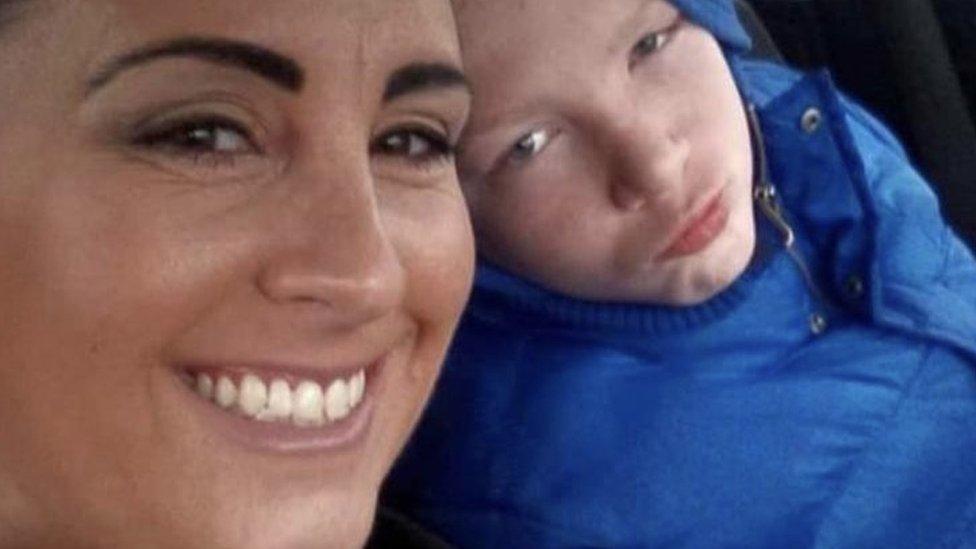
Lewis Mcdonough's mum Lisa donated his kidneys and liver
"Although the law change came into effect in the midst of the first lockdown, we have been able to complete training for all of our specialist nurses and implement the new law across the country," Anthony Clarkson, from NHS Blood and Transplant, said.
"It is still early days but we have been really encouraged by the levels of support shown for organ donation and the new law over the last six months."

Follow BBC West Midlands on Facebook, external, Twitter, external and Instagram, external. Send your story ideas to: newsonline.westmidlands@bbc.co.uk, external
- Published20 May 2020
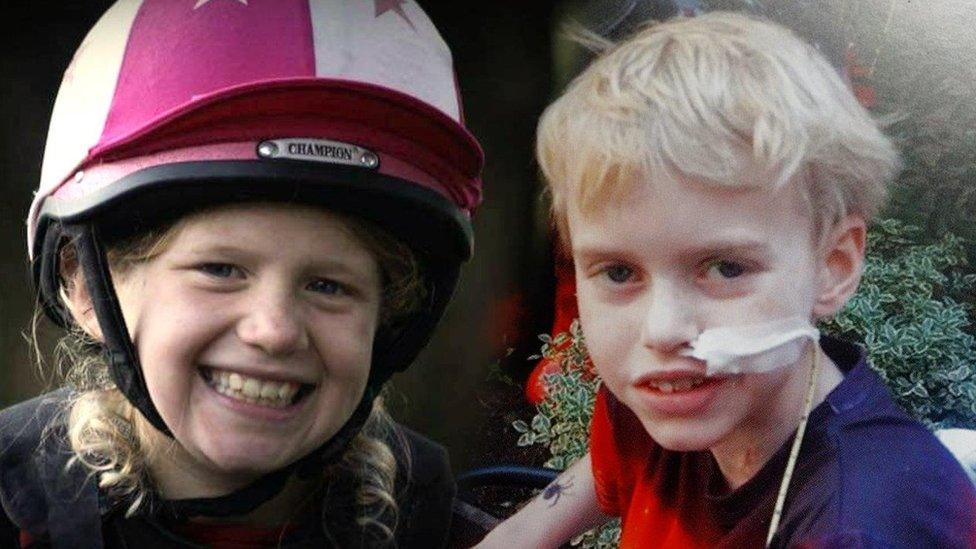
- Published20 May 2020
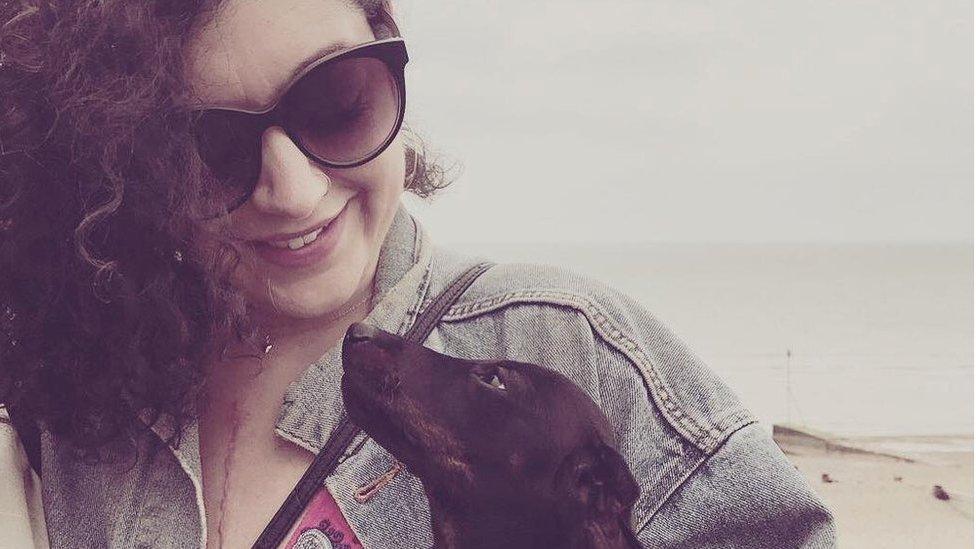
- Published12 May 2020
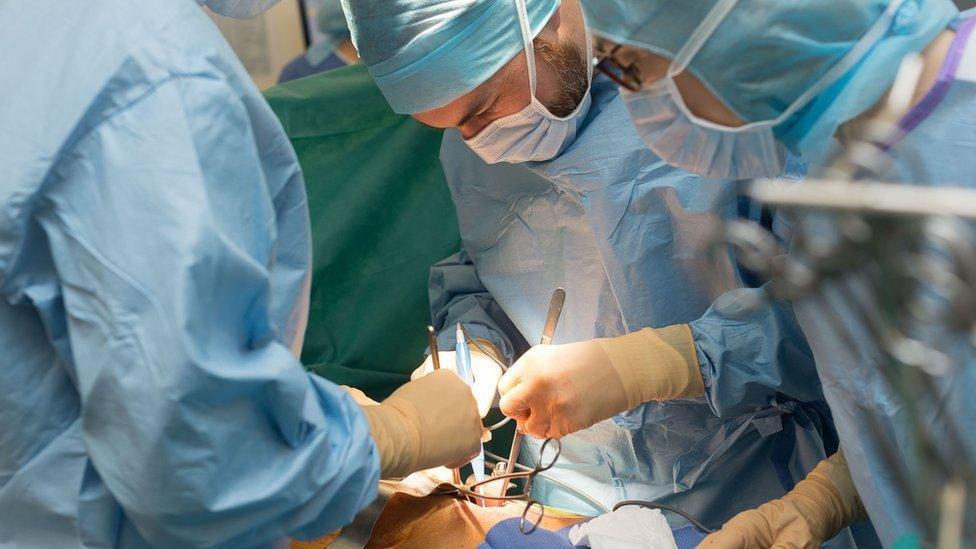
- Published26 February 2019